aquaculture
Aquaculture is defined as the breeding, raising and harvesting of fish, shellfish and aquatic plants. Aquaculture is estimated to provide over half of the fish and shellfish currently consumed by humans, and that number is expected to rise. Aquaculture can also be used to replenish stocks of threatened or endangered species, but it’s not a new idea. Aboriginal people in Australia were raising eels over 6000 years ago, and China, Egypt, Korea, Japan and some European nations also have histories of ancient aquaculture. The most common farmed species of fish today are Salmon, Tilapia, Catfish and Carp.
With 9 billion people expected on our planet by 2050, aquaculture could feed the world and protect the planet – if we get it right.
Since some of our farmed fish are naturally carnivorous, people have been rightfully concerned about the source of the feeder fish, and whether we are depleting the natural supply in order to feed our farmed fish. Concerns have also been raised about the welfare of fish in crowded pens, and the discharge of waste and/or pesticides into ecologically fragile coastal waters. The Global Aquaculture Alliance has developed its “Best Aquaculture Practices” (BAP) certification to help identify responsibly farmed fish for consumers, but as with wild-caught fish, some confusion and controversy remain. Perhaps Jacques Cousteau said it best:
“We must plant the Sea and herd its animals using the sea as farmers instead of hunters. That is what civilization is all about-farming replacing hunting.”
Aquaculture practices have, indeed, improved over the years, and while some fish farming operations may still be damaging the environment, aquaculture promises far lower greenhouse gas emissions than land-based protein sources like beef, pork or chicken. New research shows that shellfish and seaweed farms can deliver restorative benefits for ocean health, while supporting economic development and food production in coastal communities worldwide, if the right practices are deployed in the right places.
Our “Searching For Seastainable Seafood” journey took us to many aquaculture operations, where we tried to find the latest insights into the sustainable production of seafood. With our fast-growing population, mankind may find aquaculture to be the most logical choice as a source of healthy protein, food security and sustainable job opportunities for a global civilization.


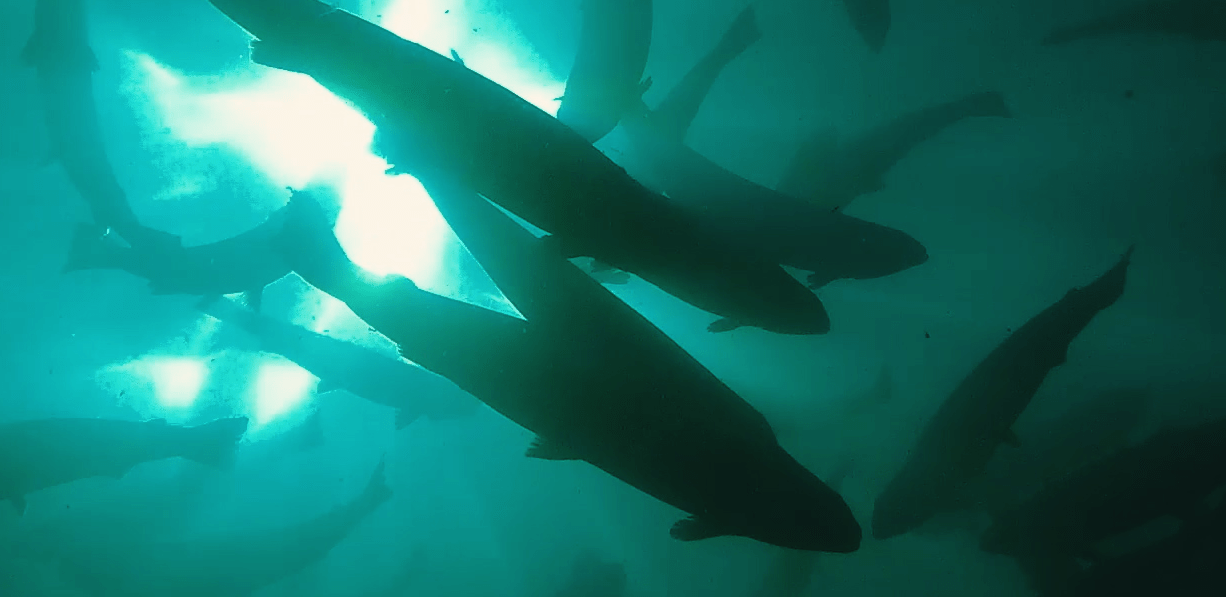
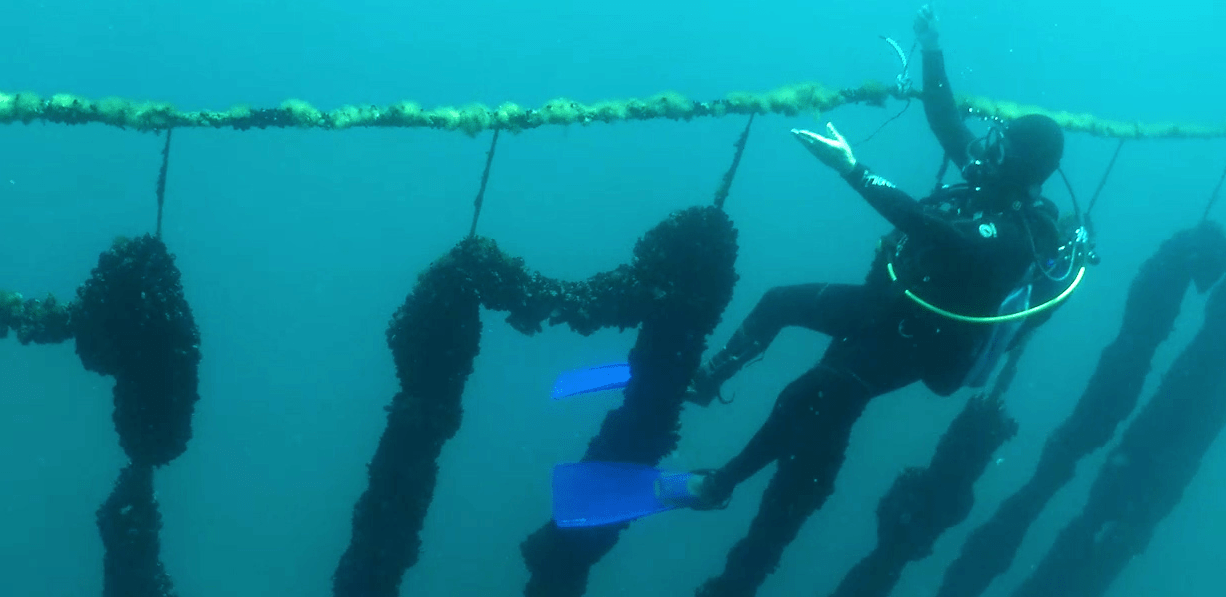
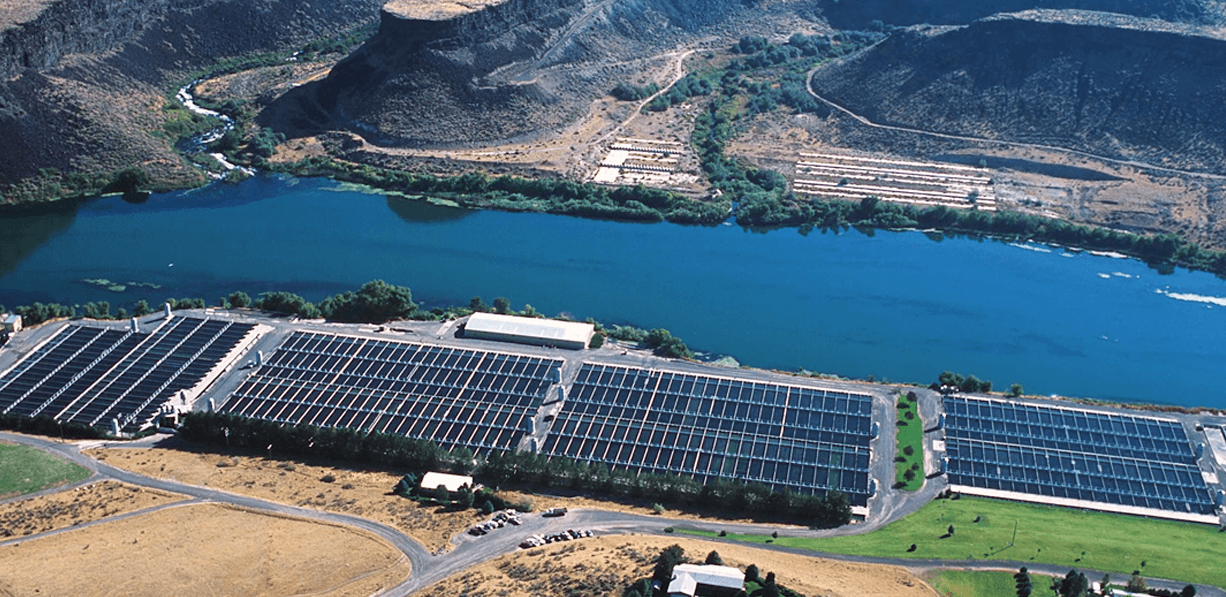
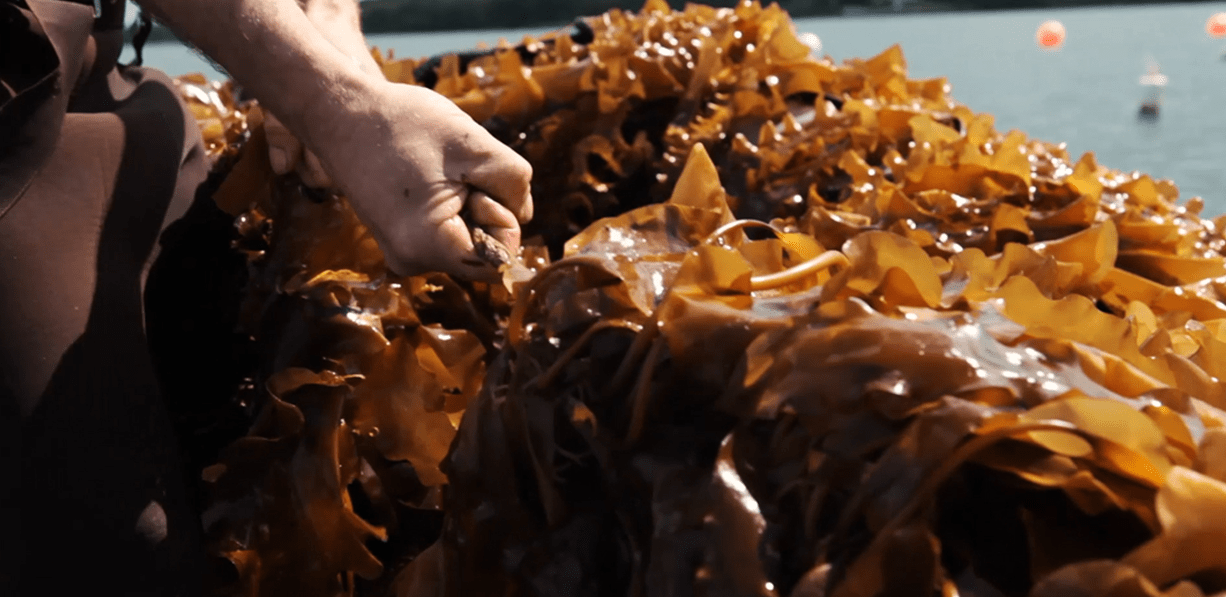
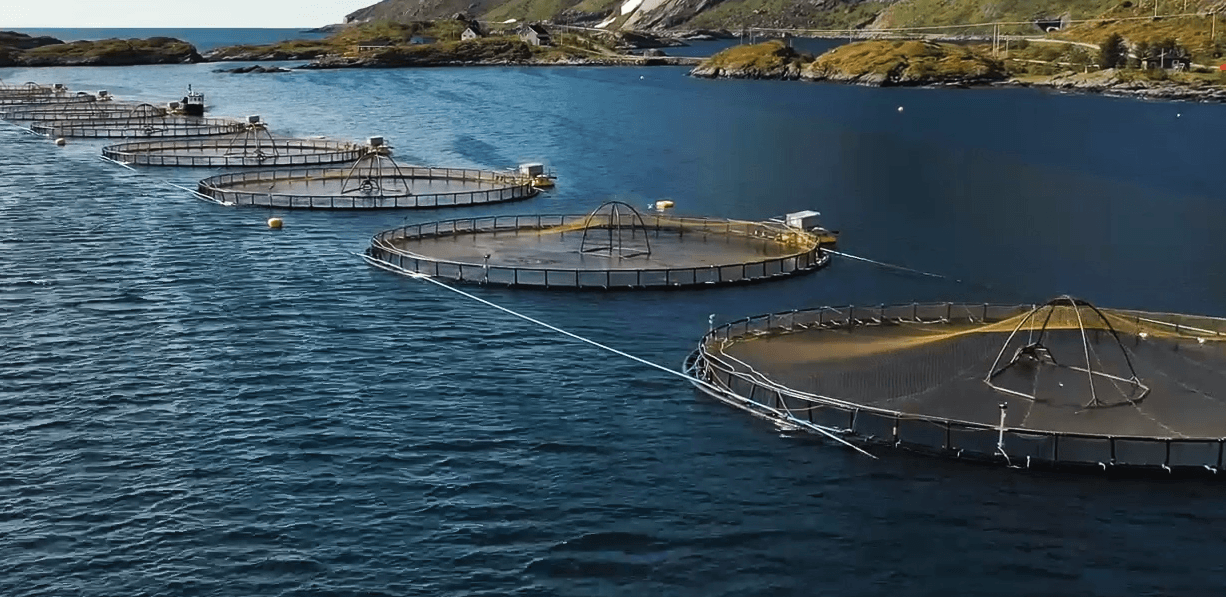

Gail Grace
this is great, thanks!
Royal CBD
Great website. Plenty of useful info here.
I am sending it to some pals ans additionally sharing in delicious.
And naturally, thanks for your effort!
Here is my blog … Royal CBD
7 kogus
I value the blog article. Much thanks again. Much obliged. Roseanne Barrie Ignace